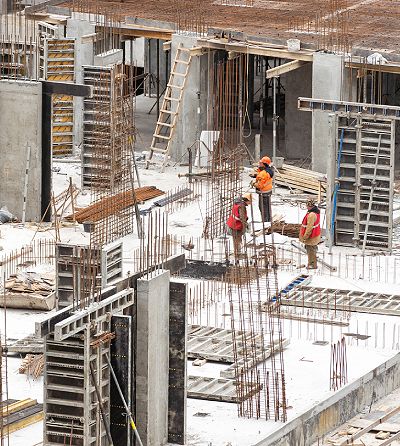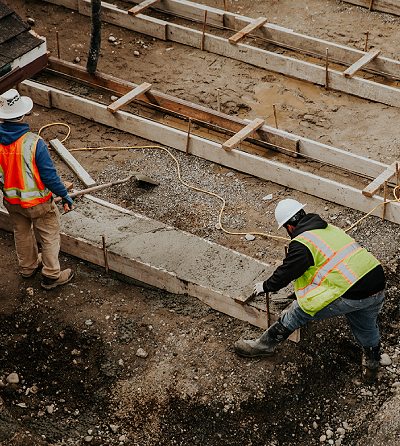
Category : Blog
Date :13 May 2024
Author : TX Sparks
Understanding Lien Waivers in Real Estate and Construction
In the real estate and construction industries, lien waivers play a crucial role in facilitating payments among full service general contractor, subcontractors, and suppliers. These documents help manage the risk of property liens and are often exchanged during the payment process. There are two main types of lien waivers: conditional and unconditional.
1.Conditional Lien Waivers:
A conditional lien waiver becomes effective only after certain conditions are met, typically the receipt of payment. In simpler terms, the waiver of the right to file a lien is contingent upon the payer’s funds clearing or being actually received. This type of lien waiver is safer for contractors and subcontractors because it ensures that their lien rights are preserved until they are paid. There are two types of conditional lien waivers:
Conditional Progress Waiver: Used during a project, typically after a contractor completes a month of work and before they are paid for that month.
Conditional Final Waiver: Used when the contractor is about to receive their final payment.
2.Unconditional Lien Waivers:
An unconditional lien waiver, on the other hand, becomes effective immediately upon signing, regardless of whether the payment has actually been made or not. This type of waiver is riskier for those performing the work because it relinquishes their lien rights the moment the document is signed, even if they haven’t received payment. Thus, it is generally advisable to sign this type of waiver only after a payment has cleared. Like conditional waivers, there are two types:
Unconditional Progress Waiver: Typically used once payment for a specific period has been received and cleared.
Unconditional Final Waiver: Used to indicate that the contractor has received and cleared the final payment for the project.
Pain Points:
Obtaining signed (conditional or unconditional) lien waivers monthly from general contractors and, in turn, from several subcontractors presents a significant challenge for owners.
This process is compounded by the need to ensure that both conditional and unconditional lien waivers are signed and stored in a centralized location for future accounting and legal purposes.
Unfortunately, 90% of the time, subcontractors and general contractors either ignore the request or fail to sign the waivers on time. This lack of timely compliance can have serious legal implications for both the owner and general contractors, as it jeopardizes their ability to protect against future liens from these contractors.
Managing this aspect of construction project administration effectively is crucial to maintaining legal and financial security.
Why Lien Waivers?
For parties paying, unconditional waivers are preferable immediately upon payment to ensure that no lien will be filed. For those receiving payment, conditional waivers are safer until the payment is confirmed in their account, protecting their rights in the event of payment issues. In practice, the use of these waivers helps maintain a clear financial and legal relationship between all parties involved in a construction project, reducing the risk of disputes related to payment and liens.
Always consult with a legal professional when drafting or signing these documents to ensure they meet local legal requirements and adequately protect your interests.
How to Manage the Collection of Lien Waivers:
Explore and Implement Construction Management Software: The latest construction management software can automatically generate lien waivers when contractors raise pay applications. This software should facilitate the collection of electronic digital signatures from the relevant parties and automatically save the electronically signed lien waivers in the cloud for easy access at any time.
Establish Clear Expectations: General contractors and subcontractors should be required to sign and submit both lien waivers before raising any pay applications, as pay applications cannot be processed without these waivers.
Employ an In-House Resource: An in-house resource should scan and save all lien waivers electronically in the cloud, ensuring they are easily accessible for future reference.
By understanding and effectively managing lien waivers, you can maintain a clear financial and legal relationship with all parties involved in a construction project management, ensuring smoother operations and reducing the risk of payment disputes.





















